What is a hook in a song? Learn why hooks are effective and how to write a catchy hook for your song in this basic music theory guide.
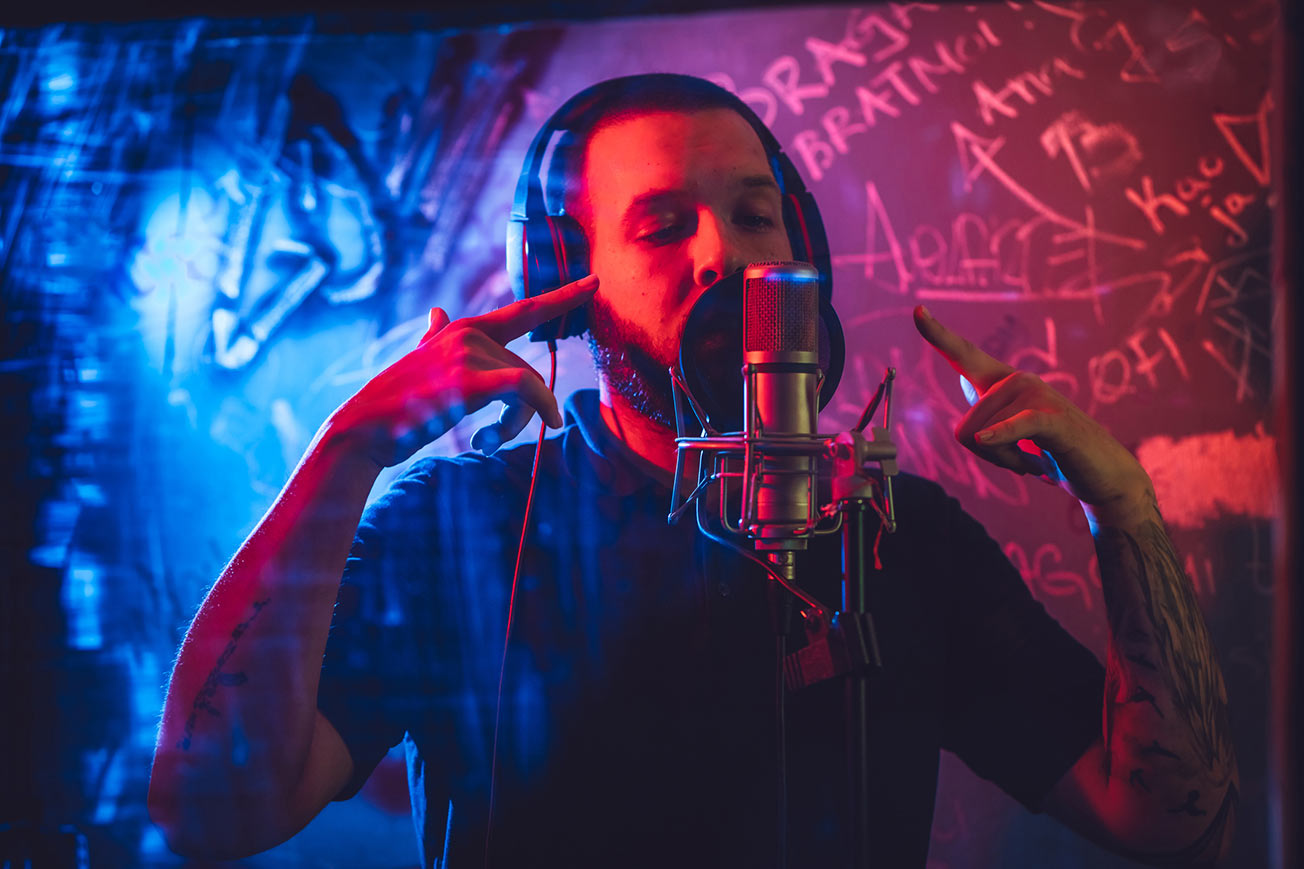
What Is a Hook in a Song?
A song hook is a short lyrical line or melodic phrase used to catch the listener’s ear and make a song engaging. It’s attention-grabbing, catchy, and makes the song memorable.
Musical hooks are most evident in styles like rap, hip-hop, R&B, pop, rock, and dance music. They’re typically four or eight bars in length and repeat multiple times throughout a song.
Moreover, hooks can be lyrical, melodic, rhythmic, or instrumental. They support the main idea of a song in a shorter form than a chorus.
How to Write a Hook for a Song
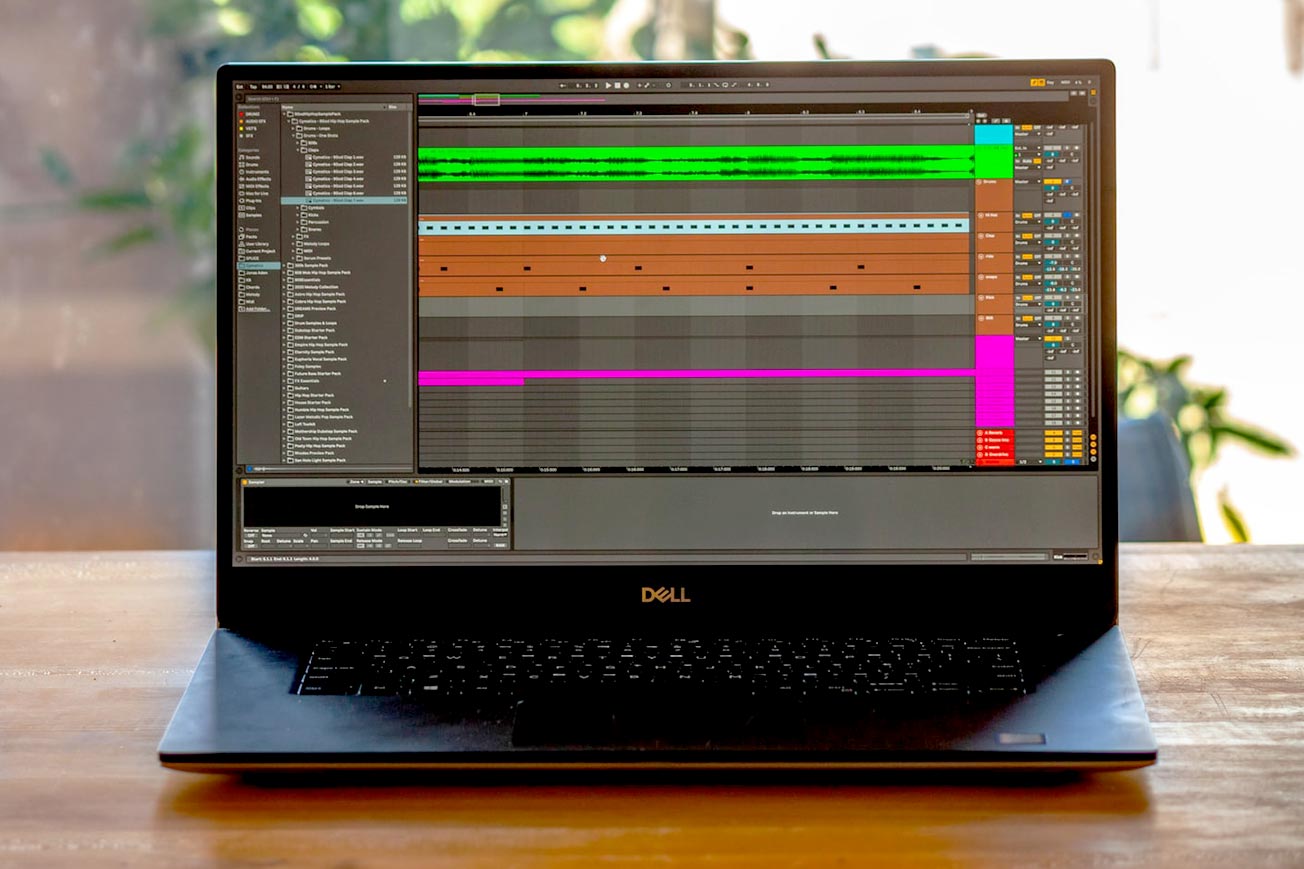
Writing hooks into your music is essential. Without them, listeners will not have something to latch onto and may not remember your song.
The goal is to make your hook simple and memorable. You want your audience to remember the lyrics and sing along to a catchy melody.
The key to writing a great hook is “less is more.” Long, complex hooks will be difficult for a listener to remember. That’s why hooks in popular music are a single line or combination of two lines that last four to eight bars.
It’s common to hear the hook in either the chorus, pre-chorus, intro, or verse. However, you can place your hook wherever you wish. Just make sure it repeats at least once throughout the song. Repetition makes the hook stand out!
When hook writing, think about the foundation of the song. What is it actually about? Why are you writing this song? Answer those questions and break down the answers into a single idea that lasts up to eight bars.
There are many ways to write a hook. However, the general approach includes a combination of:
- Lyrical hooks based on a catchy lyrical phrase or verse
- Rhythmic hooks based on a repetitive beat or rhythm
- Melodic hooks based on a memorable melody or instrumental phrase
Here are tips to help write catchy hooks that will keep your listeners engaged:
Create Memorable Lyrics

The lyrics of a song are as important as a catchy melody. The hook’s lyrics can evoke emotion, catch your attention, and support your story’s main idea.
Make your lyrical hooks memorable with these tips:
- Use song lyrics people can relate to or evoke emotion.
- Switch up singing rhythms or use clever rhythms. Try singing in a different rhythm than in the verse and chorus.
- Sing melodic syllables instead of words. “Stayin’ Alive” by The Bee Gees is a great example. The hook would not have been as effective without the Ah, ha, ha, ha before stayin’ alive, stayin’ alive.
- Use short, simple phrases. For example, Outkast repeats the song title “Hey Ya” in the hook. It’s simple and catchy!
- Invent new words or terms like “Bless Up” by DJ Khaled or “YOLO” by Drake.
- Find your “money note.” This unexpected, ear-grabbing note will catch the listener’s attention due to its pitch or duration.
When writing lyrics, also consider including the name of the song in the hook. Using the name of your song in the hook helps listeners find your music and remember it more.
Create a Memorable Rhythm
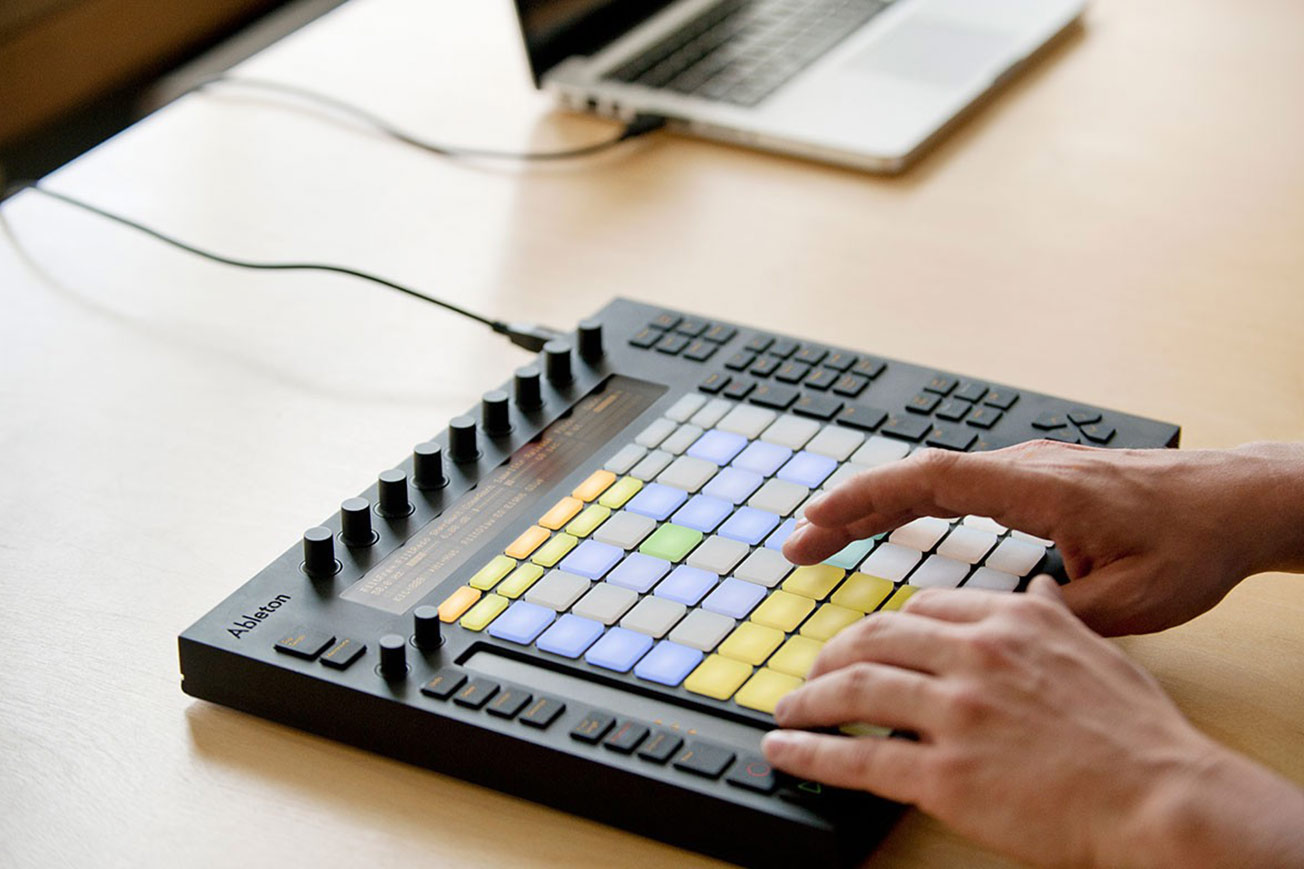
Next, focus on the underlying beat rhythm of the hook. Like the lyrics, you want the rhythm of the hook to be simple. You also want it to hold on to its identity.
Many music producers vary the rhythm between the verses, hooks, and choruses. This method is an easy and effective way to keep the listener’s attention and move the song forward.
Try arranging the beat of your hook differently than the verse or chorus to give your song variation. For example, here are tips on how to create a catchy rhythm:
- Use syncopation to switch things up.
- Strip the beat down to make it simple.
- Change the pitch on some drum hits.
- Use fewer notes or a different note pattern.
- Switch out drum samples with different ones.
Avoid going overboard! You want to find the balance of originality and memorability. If the rhythm is too complicated, it will be harder to remember.
Create a Memorable Melody
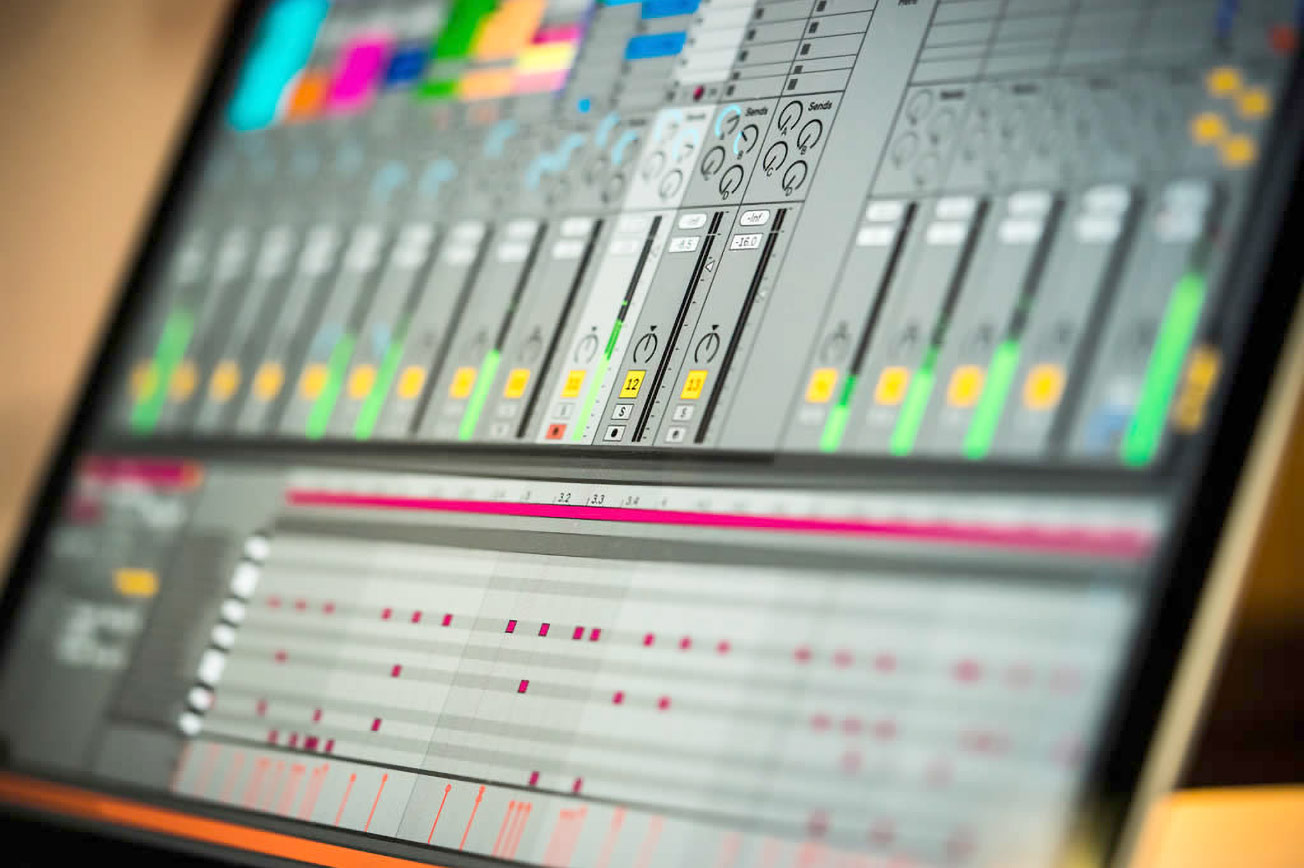
Finally, the last element to focus on is melody. Memorable melodic hooks will get listeners’ humming or whistling to your tune.
However, melodies are not required for a hook. There are plenty of rap hooks that don’t use melody. Now you may ask, is a melody necessary?
If the hook can catch listeners’ attention without melody, don’t feel obligated to add it. If a melody seems viable, base it on the rhythm of the hook. Also, let the melody move with the lyrics. The two elements will naturally complement each other.
Remember to keep your melody simple. Melodic hooks often have two to four notes spaced a semi or whole tone apart. There are rarely huge leaps between notes. Limiting the melody note patterns like this makes it easy to sing along and remember.
For example, Post Malone uses a simple melody in his hooks. His song “Rock Star” has several repeated two-note melodic hooks.
You can also make your hook melodies stand out by using different instrumentation. Try using a different synth sound or instrument than the verse and chorus.
Repeat the Hook to Make it Memorable
Repeat your hook multiple times. Repetition will increase the chance of capturing someone’s attention. It will also help embed your hook in a listener’s memory.
Plus, if you have an awesome hook, your fans will want to hear it repeated throughout the song! Be cautious of repeating the hook too often, though. It may become boring.
Three Types of Hooks in Music
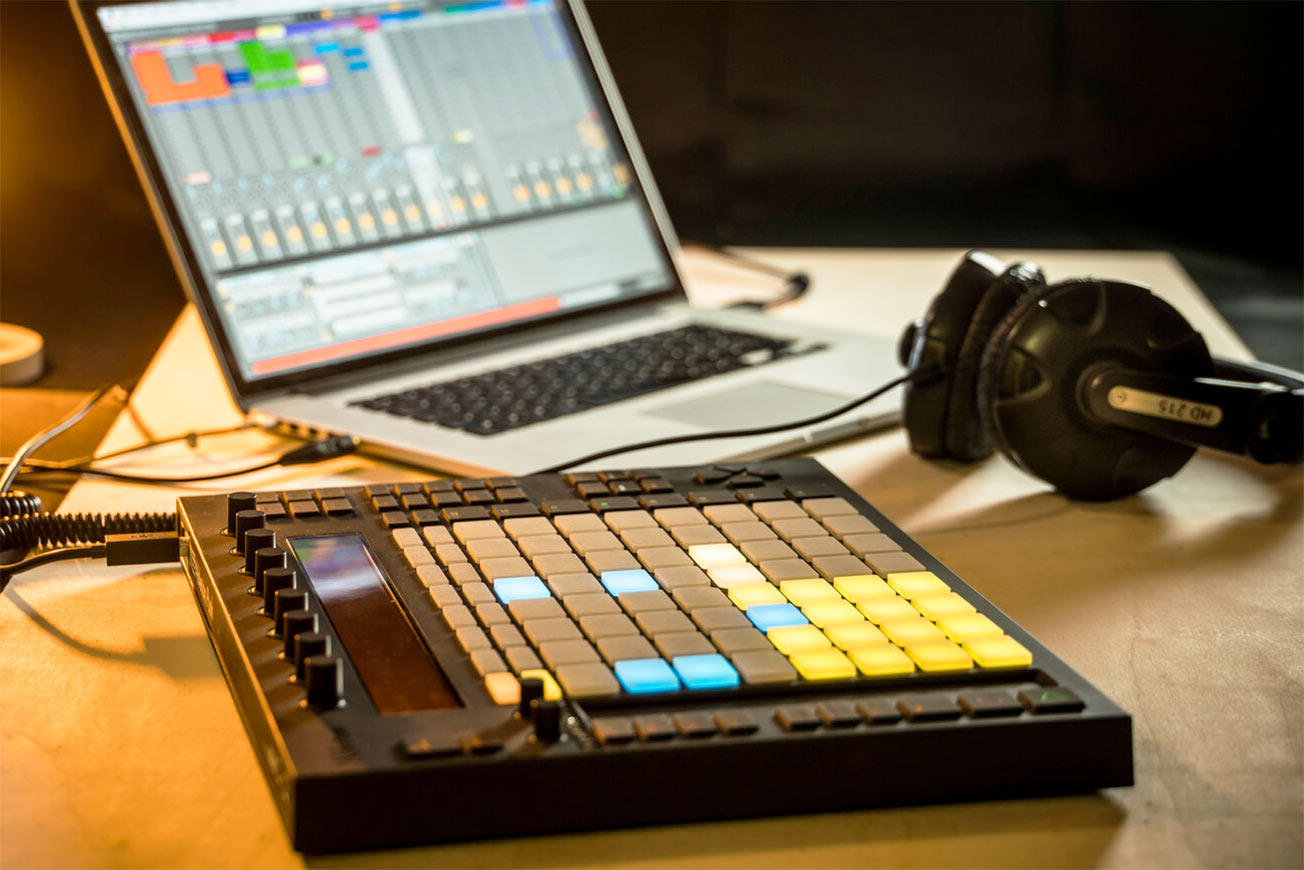
The three most common musical hooks are Rhythm Hook, Intro Hook, and Background Instrumental Hook.
1. Rhythm Hook
The rhythmic hook sets the beat and rhythm. It’s often a quick four or eight beat rhythm that grabs your attention. Your rhythmic idea can also be instrumental or lyrical.
Without lyrics, a rhythm hook relies on a combination of elements like a catchy beat, chord progression, and a bassline. For example, “Superstition” by Stevie Wonder is a popular hook. The iconic guitar line instantly grabs your attention and makes the song memorable.
With lyrics, words drive rhythm hooks. Make sure there is swing or syncopation to a lyrical rhythm hook to make it stand out. No need to make it complicated. However, if the hook only lands on strong beats, it’ll come across as boring.
2. Intro Hook
The intro hook is a melodic idea introduced in the intro of a song. It then repeats throughout the song, dropping in and out.
Intro hooks further support the primary purpose of a hook. That purpose is catching the listener’s attention. Having an effective intro hook also makes the song instantly recognizable.
What the listener hears first will be present throughout the whole song. With this in mind, make sure your intro hook starts with a bang to grab listener’s right away. If they’re not hooked in immediately, they may not be thrilled about its main idea.
For example, “Ice Ice Baby” by Vanilla Ice has a catchy intro hook. The driving bassline makes the song immediately recognizable, and it gets people grooving instantly.
3. Background Instrumental Hook
Instrumental hooks are short melodic phrases in songs that may not be part of the vocal melody. It’s often a recognizable two or four-beat riff placed around the lyrics.
Think of the instrumental hook as an answer to a chorus lyric. There will be a natural space left in a chorus or verse where a short instrumental idea can live. That idea then shows up throughout the song.
For example, “Latch” by Disclosure has a catchy instrumental hook. The song begins with the double-hit vocal chop. That chop then repeats throughout the song, showing up at the perfect moments.
Hook vs Chorus: What’s the difference?
The distinction between the hook and chorus is often an area of confusion. Is the hook the chorus? The answer is it can be but not always. A song’s hook can happen anywhere.
Both song sections are catchy and drive the main idea of a song. However, there are distinct differences. For example, a chorus is part of the song structure with a repeating melody and harmony.
Whereas a hook is a short musical idea that can be rhythmical, melodic, or lyrical. Also, not all hooks are its own song section. Instead, they can be riffs that catch your ear. You can place these riffs anywhere.
You can also have several types of hooks in a song. Plus, some of these hooks may not fit the format of the chorus. Instead, they may work better in other sections of the song. For example, a hook can appear in the chorus, verse, intro, or other song parts.
Catchy Hook Examples
In the modern music industry, hook-centric songs drive the musical conversation.
Here are two examples of songs with memorable hooks. They both prove the foundational qualities of writing strong hooks.
1. Lil Nas X – Old Town Road (feat. Billy Ray Cyrus)
For a hook to succeed, it should be short, catchy, and connective. Old Town Road nailed all three, unlike any song in history. That’s why it’s shattered so many world records. The debate about whether it’s a country song or rap song is irrelevant. The hook is masterful in its execution.
First, this powerful hook is short. Eight beats total—the perfect length for a hook.
Second, the instrumental part is catchy. The chord progression is a simple four-bar loop, and the melody is only two phrases. The first two-beat phrase repeats, filling four beats total. Then a second phrase fills four beats on its own. By creating this subtle contrast, the hook remains simple and avoids being boring.
Finally, the lyrical hook connects with fans. Most people with this song on repeat do not own a horse. However, most people relate to what the horse represents: the desire to be original. This theme is not obvious from the hook right off the bat. But because the hook is so catchy, it leads the listener to discover this and connect to it.
The song also mentions nice clothes, partying, and other common themes in rap songs. These are excellent for connecting to a listener’s desires. But what makes the song go deeper into the idea of originality is the country backdrop.
Country and rap had never come together like this before Old Town Road. It’s original, and Lil Nas X drives that point home with the repeated phrase, “you can’t tell me nothing.”
Thus, he reveals the connective aspect of the hook. The horse represents breaking away from the crowd and being your own person. For example, listen to Billy Ray Cyrus sing:
“Yeah, I’m gonna take my horse to the old town road
I’m gonna ride ’til I can’t no more”
People connect with these lyrics because he’s saying he will be himself. From there, every other aspect of the song supports that idea.
2. Ariana Grande – Thank U, Next
Yet another killer hook that leans even harder into the core elements. The hook of this song is also the title, which repeats three times over the same melody.
Everything about this hook is short and relatable. Unlike “Old Town Road,” which relies on expertly delivered symbolism, the hook in “thank u, next” is obvious.
For example, Ariana just went through a bad breakup and is moving on. This not only lends itself to the relatable experience of breakups, but it serves as a motivator for moving on. Moving on from a breakup is always difficult, and Grande helped many people do so with this hook.
Conclusion
Hooks are a staple of songwriting in modern music. Today’s culture is all about catching attention, and hooks are the musical means to do so.
If you develop your ability to write great hooks, your skills will serve you well. Remember to focus on “less is more” and brush up on your basic music theory.
With these elements, you can combine simple music and simple lyrics. That formula has the power to create the next record-breaking single.